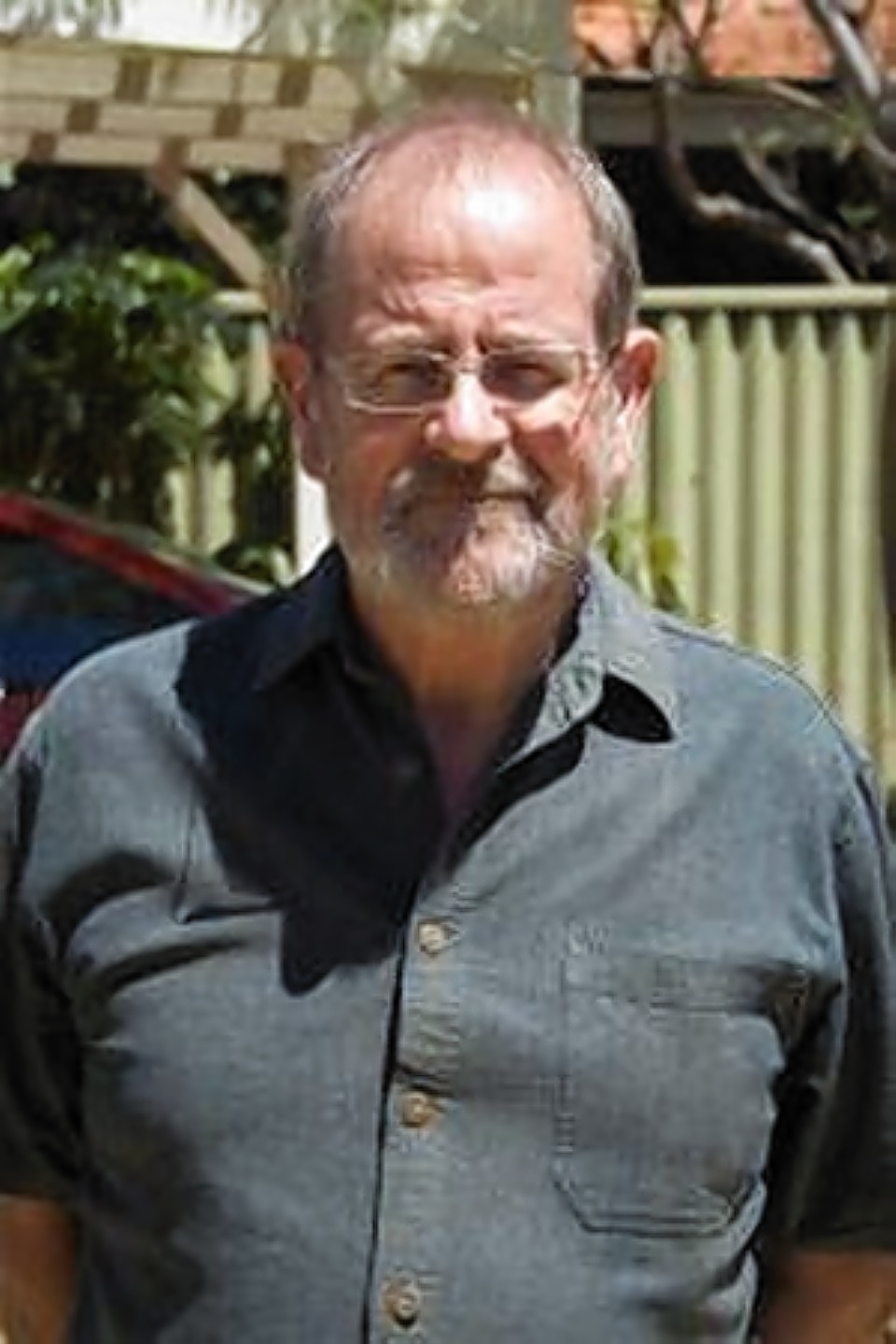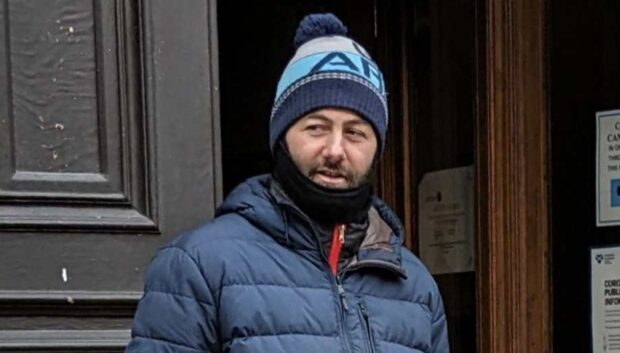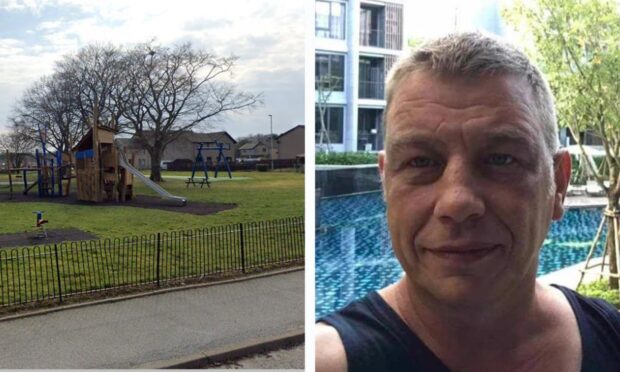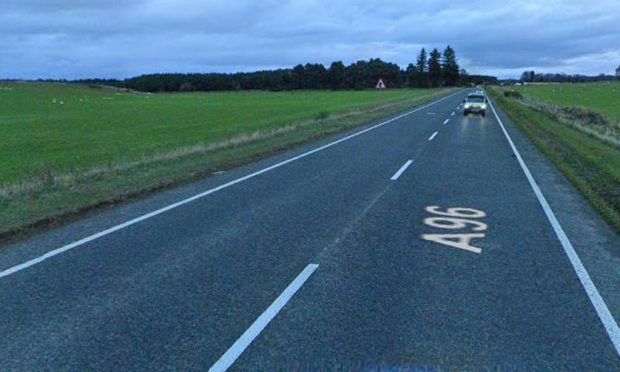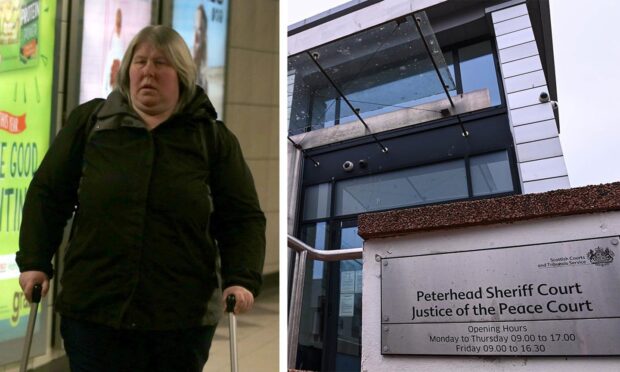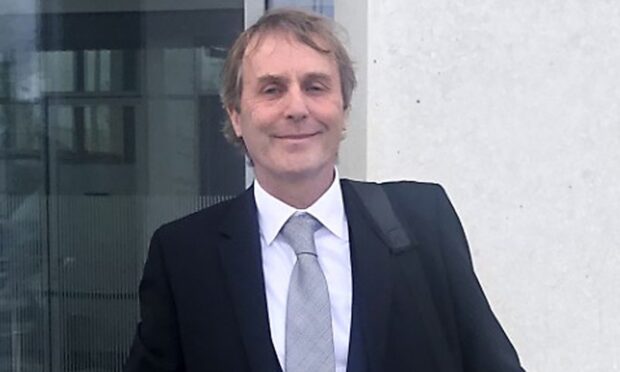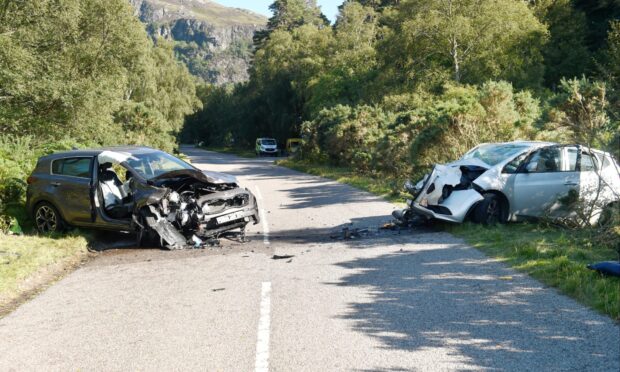The trial has begun of a man accused of killing a former Aberdeen University lecturer who was found dead at his home in Australia.
Nicolau Francisco Soares, 29, denies murdering his stepfather Gavin Mooney, who emigrated in 1993, and his mother Delys Weston.
A hammer and sledgehammer were found next to the couple’s bodies at their rural property south of Hobart in December 2012.
Police said they had suffered “horrific” head injuries.
Soares’ lawyer Rochelle Mainwaring told the Tasmanian Supreme Court he was insane at the time of the killing.
His brother Alex Soares said he had suffered a serious mental illness and had been committed for treatment several times in Western Australia in the years before the incident.
He experienced delusions, including the belief that his parents and mental health workers were trying to kill him, and had tried to join the army in order to learn the skills he believed he would need to survive an impending apocalypse, said Mr Soares.
The court was played two emergency calls made by Soares on the night the couple died and again 24 hours later.
Identifying himself only as “Fred”, he told an operator he had killed two people with a hammer.
Soares had moved to the Tasmanian property in the weeks before the killings to live with his mother and stepfather.
The court heard they had been unable to quickly arrange the medication he needed when he became unwell in their home.
Prof Mooney was considered to be one of the “founding fathers” of health economics and was renowned for his work in the field.
At the time of his death a university spokeswoman said he had been an “inspiration”.
Born in Glasgow in 1943, he graduated from Edinburgh University before embarking on a career during which he held academic positions in the UK, Denmark and Australia.
